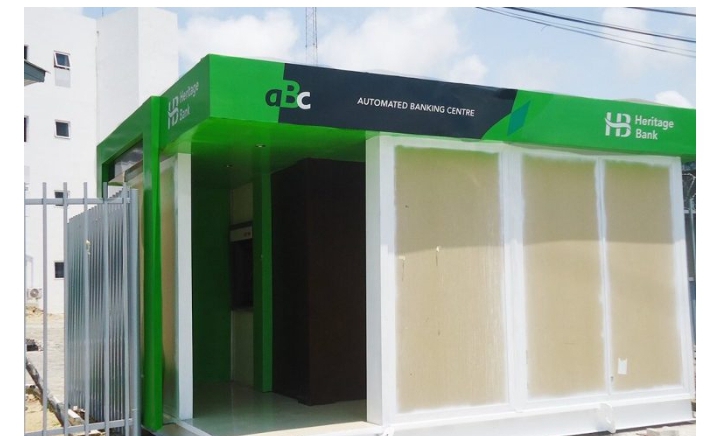The Nigeria Deposit Insurance Corporation (NDIC) has commenced the payment of ₦46.6 billion as the first phase of liquidation dividends to depositors of the defunct Heritage Bank. The payout, which started on Friday, targets depositors whose balances exceeded the insured limit of ₦5 million.
This move comes following the revocation of Heritage Bank’s operating license by the Central Bank of Nigeria (CBN) on June 3, 2024, over persistent regulatory infractions and inability to improve its financial condition. Shortly after the license withdrawal, the NDIC paid insured deposits up to ₦5 million to affected account holders through alternative bank accounts identified via the Bank Verification Number (BVN) system.
According to a statement issued by the Acting Head of Communication and Public Affairs, Hawwau Gambo, the current payment covers a 9.2 kobo per naira dividend based on the realized proceeds from the sale of the bank’s assets and recovery of outstanding debts. Gambo explained that liquidation dividends are payments made to uninsured depositors and other creditors of a failed bank after insured deposits have been fully reimbursed.
The Corporation clarified that depositors who are yet to be credited should approach the nearest NDIC office or visit the official website to complete their verification processes. Those without alternate bank accounts linked to their BVNs have been advised to fill out a deposit verification form to facilitate payment.
The NDIC emphasized that additional payments would be made to depositors, creditors, and even shareholders as further recoveries are made from Heritage Bank’s remaining assets. It reassured the public of its commitment to safeguarding depositors’ funds and strengthening confidence in Nigeria’s banking system.
The liquidation of Heritage Bank is one of the latest efforts by financial authorities to sanitize the banking sector and uphold sound financial practices, as Nigeria continues to tighten regulations to ensure economic stability.
